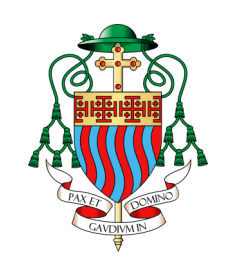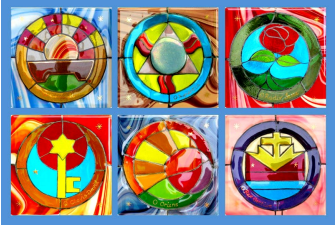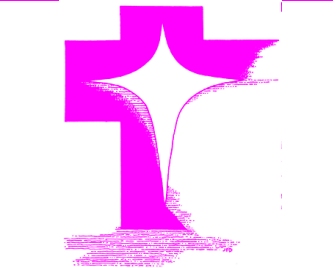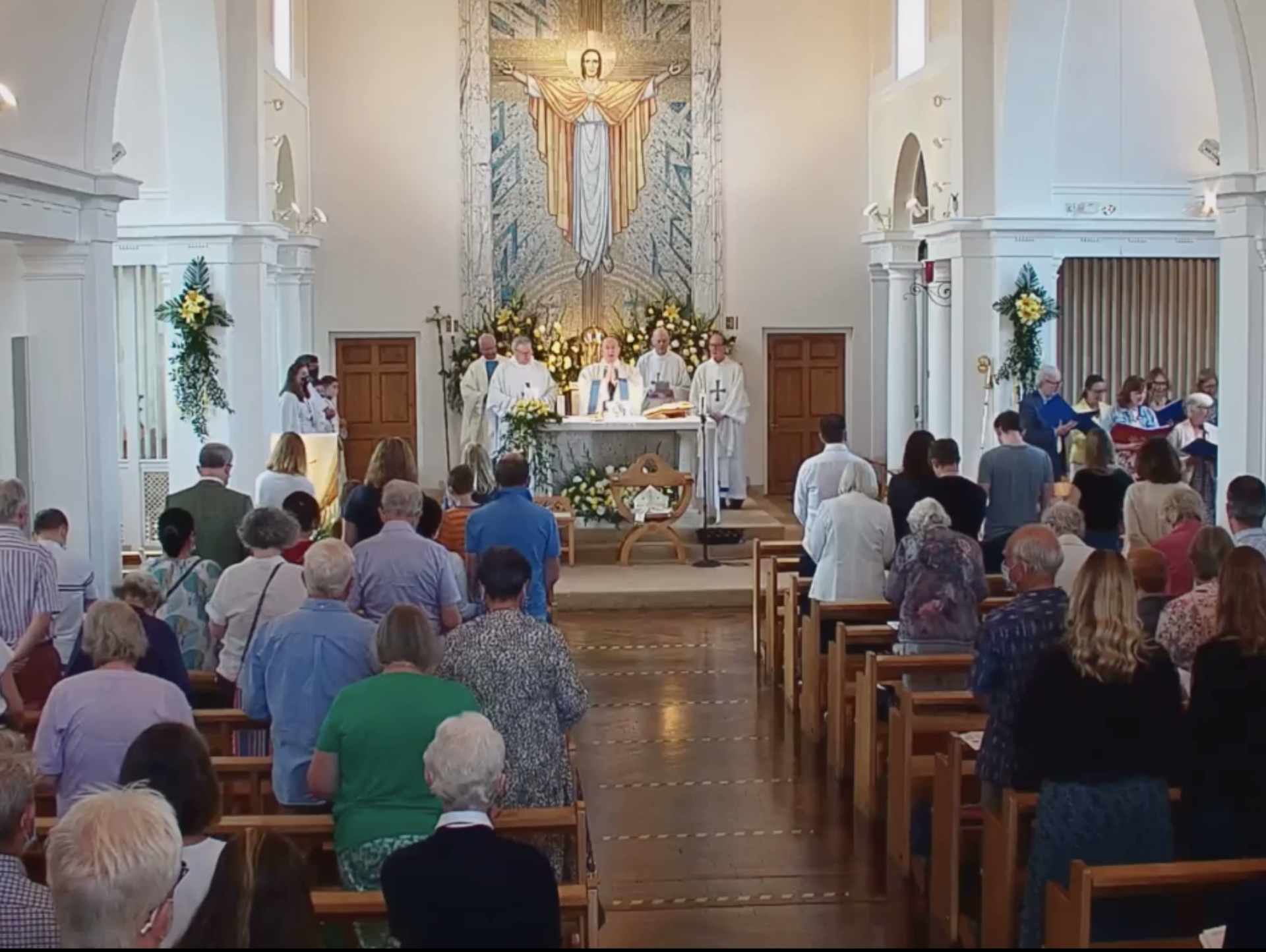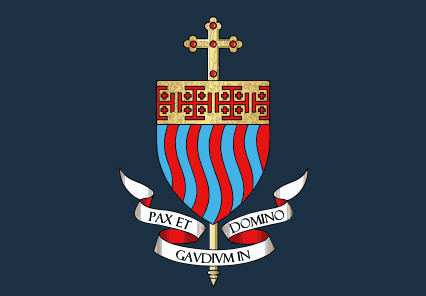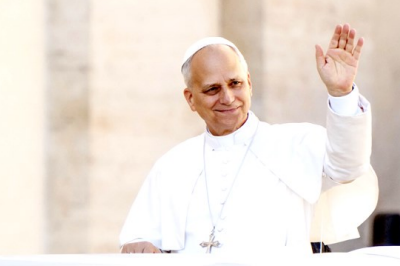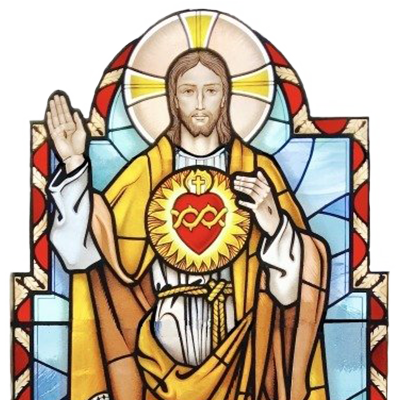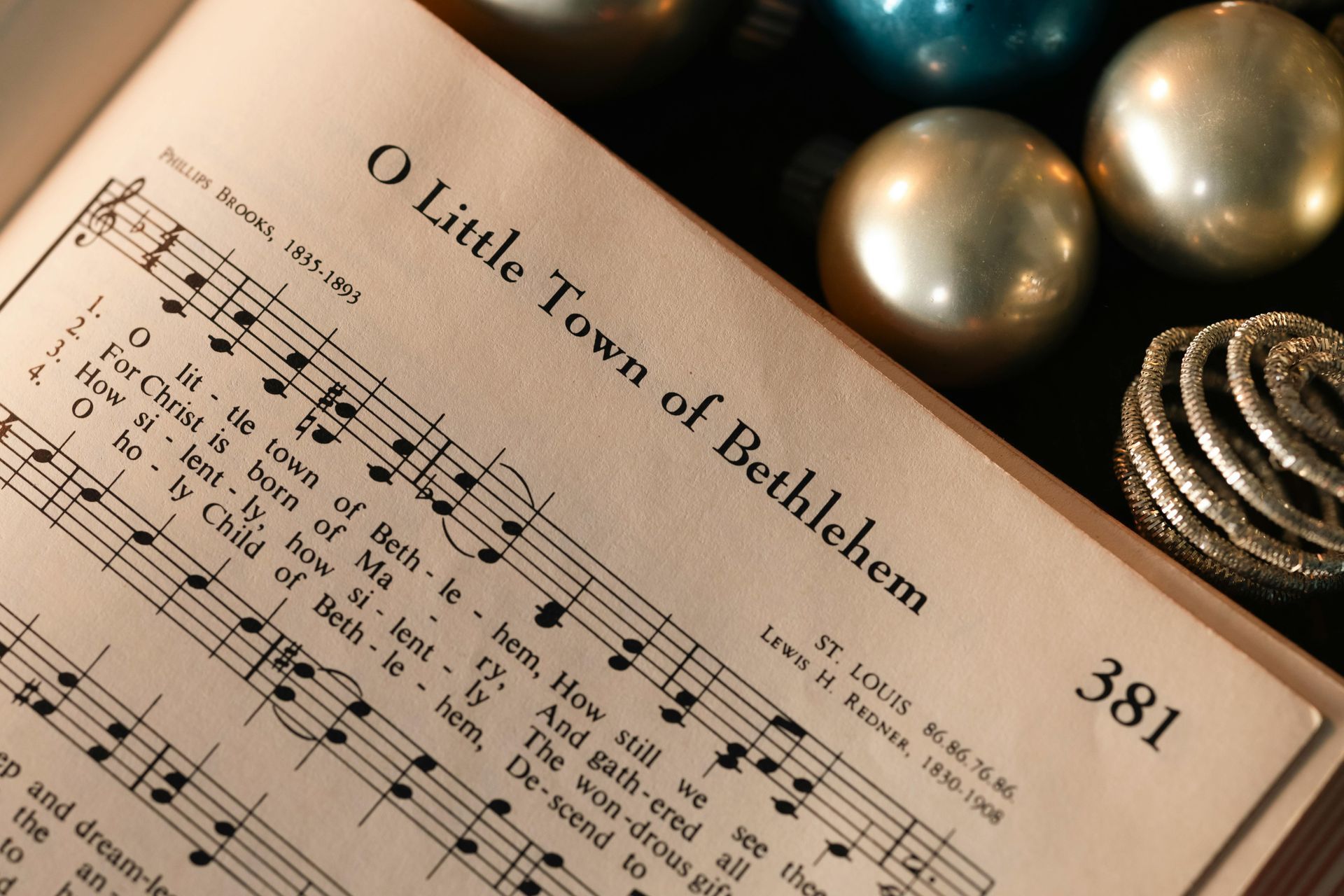By Webmaster
•
December 5, 2025
The Word Who is Life: The Call to Mission Continuing to Develop Our Response . . . . . . Background As many of you already know, over several years, Bishop Richard has met with clergy and parishioners to reflect on the opportunities and challenges our Church is facing and how best to respond to them. He then published The Word Who Is Life — our Diocesan Pastoral Plan — which was then presented to everyone in the Diocese (there are synopsis’ still available in the church narthex). Locally, as part of this Plan, the nine parishes that today make up the present Epsom Deanery will come together to form a New Single Parish at some point in 2026. The central message of the Pastoral Plan is “ The Call to Mission ” — inviting all of us to help to shape our parishes into strong, lively, and welcoming communities. What’s happening now So what is happening now? Here in Epsom Deanery, a team formed from clergy and parishioners from EVERY parish has been discussing how we should respond to this The Call to Mission . One of the first things the team asked itself was how to get everyone involved. To that end, a meeting is planned in the New Year in each of our existing parishes to share information of what the Pastoral Plan means, how any necessary changes will be decided, and to get the participation of all communities in shaping what our response will be. For our Sacred Heart community this meeting will take place at 19.30 on Wednesday 21st January - Please put the date in your diary today! What we are now asking of you The Pastoral Plan is a call to all parishioners, and we know that our communities are blessed with many different gifts. That is why your participation is needed even before this meeting take place. On your way out of church today, you are asked to take a “ You’re Invited! ” POSTCARD and a FLYER which outline how we are shaping our response to this call and what we can expect to be different over the coming months and years. For example, one of the goals is a wider expansion of parishioner leadership, participation, and engagement. Another goal is for our parishes to work more closely with one another and with our schools. Both postcards and flyers include QR codes or a link to a website where you can find more information to help you make your contribution: in particular, we are asking you to get involved by helping us to identify: Opportunities, Challenges, and any Questions . There are several ways for you to share your thoughts: You can fill in one of the “You’re invited!” postcards and return it before Sunday 14th December You can use the online form whose address you will find on the flyer Or, if you prefer, you can email directly to epsomdeanerynewsletter@gmail.com
